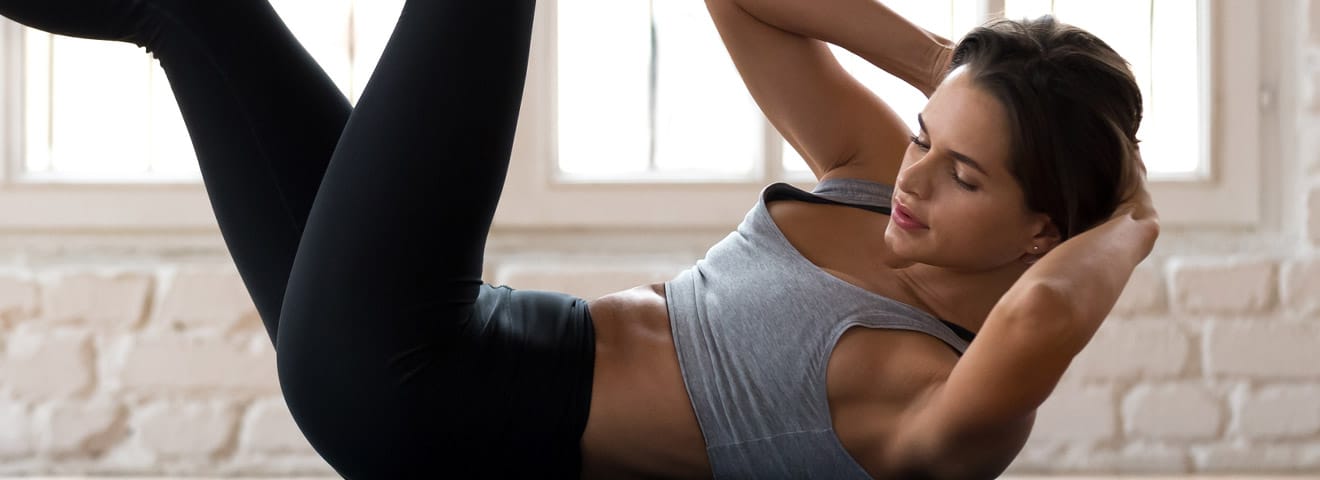Beauty Redefined
Close

Areas of excess fat are not necessarily indicative of a person’s health or vitality. Someone can exercise daily and count calories but still struggle with a protruding belly or thick thighs. Chattanooga cosmetic surgeon Dr. Joel Williams frequently works with patients who have these complaints, and he usually suggests liposuction to eliminate the stubborn pockets of diet- and exercise-resistant fat.
Take control of areas of the body that aren’t responding to diet or exercise; schedule a consultation at Williams Plastic Surgery to discuss your treatment options.
Ideal Dalton / Chattanooga liposuction candidates have excess fat, not skin. The skin should have good elasticity to be able to tightly hug the body’s new contours. Candidates should also be physically and mentally healthy, and not smoke. If a liposuction candidate smokes, Dr. Williams may ask him or her to quit for several weeks prior to, and following surgery.

Liposuction is usually performed at our accredited surgical center. Medications are administered for optimal patient comfort. Dr. Williams can take one of several approaches to liposuction. Traditional liposuction involves passing a thin, hollow tube back and forth through the areas of fatty tissue and essentially “vacuuming” out the fat. Newer techniques involve directing ultrasound or laser energy at the fat, heating it until it liquefies and is easily aspirated from the body.
It’s important to keep in mind, as mentioned above, that liposuction does not remove excess skin. If a patient has large amounts of excess skin instead of, or in addition to excess pockets of fat, it’s recommended that he or she explore other options such as tummy tuck or body lift surgery. Dr. Williams will recommend the best treatment option on a case-by-case basis.

Patients recovering from liposuction usually feel sore and bruised after surgery. This will dissipate quickly, but pain medication is prescribed to relieve discomfort. Dr. Williams may dress the patient in a compression garment, which should remain in place until he advises otherwise. Patients should be driven home by a companion or loved one. They should avoid strenuous activity, but are encouraged to get up and move around frequently. Patients should avoid straining or lifting. The patient will be seen for a follow-up appointment the next day. Full recovery from liposuction can take seven to 10 days but the final result may not be evident for six to eight weeks and in some cases possibly longer.

Imagine how it will feel to no longer worry about a “spare tire,” “saddle bags,” or “love handles.” Fat will most likely not grow back to the area that has been liposuctioned, although patients should be aware that future weight gain will displace fat to another area of the body. As technology advances, liposuction is becoming less invasive by incorporating ultrasound or laser technology techniques. These techniques require less downtime and are generally gentler on the body.
Liposuction does have some risks, although complications are infrequent among board-certified surgeons such as Dr. Williams. Risks include infection, unfavorable scarring, dents or contour irregularity, laxity of skin, and reactions to the anesthesia, asymmetry and hematoma.


If you would like to discuss liposuction with a credentialed and qualified Dalton / Chattanooga-area plastic surgeon, please contact Dr. Joel Williams today via email or by calling his office at (706) 278-2700.